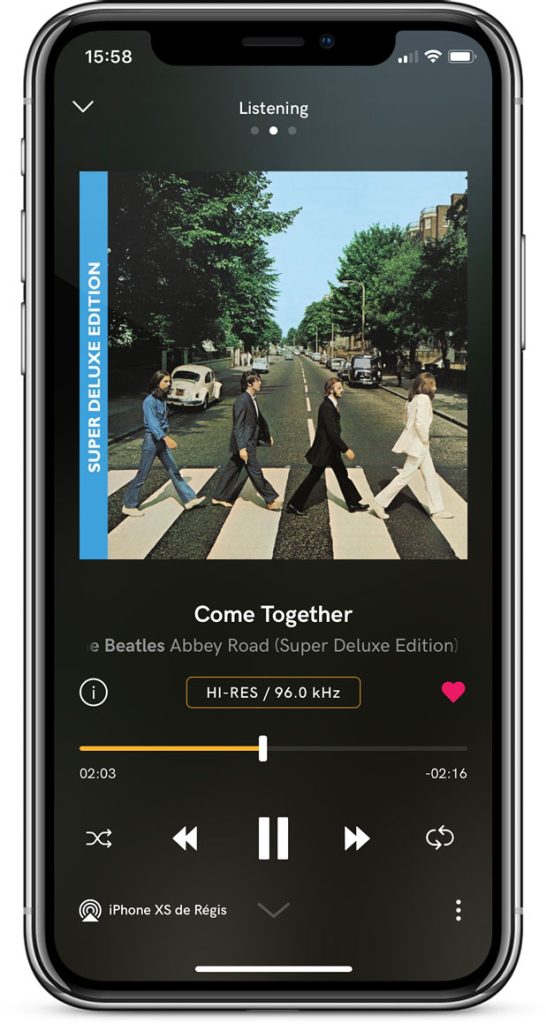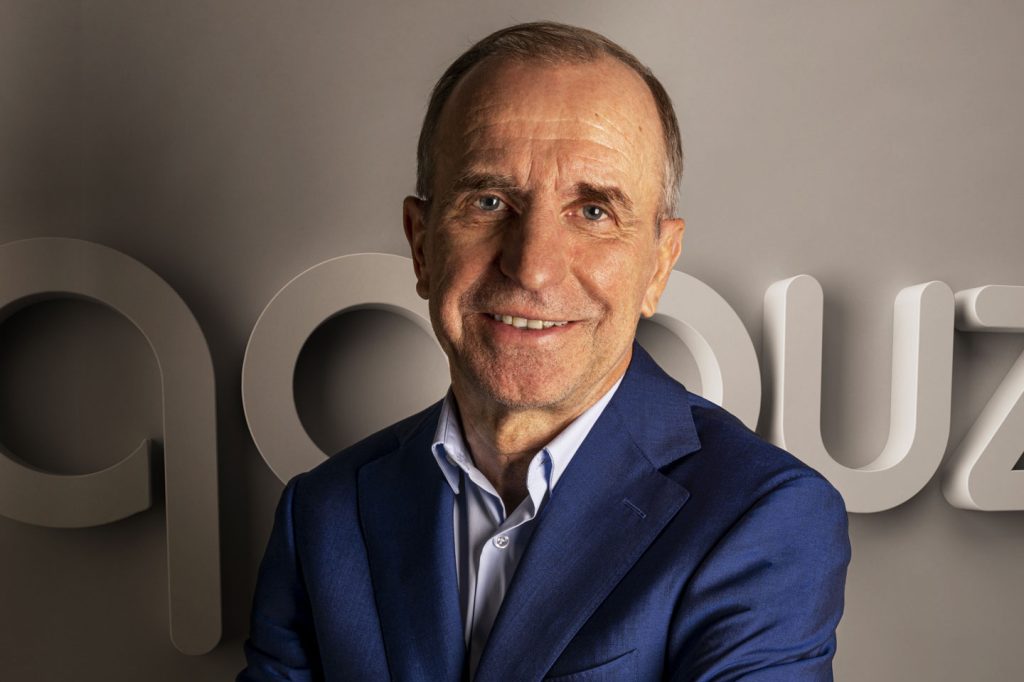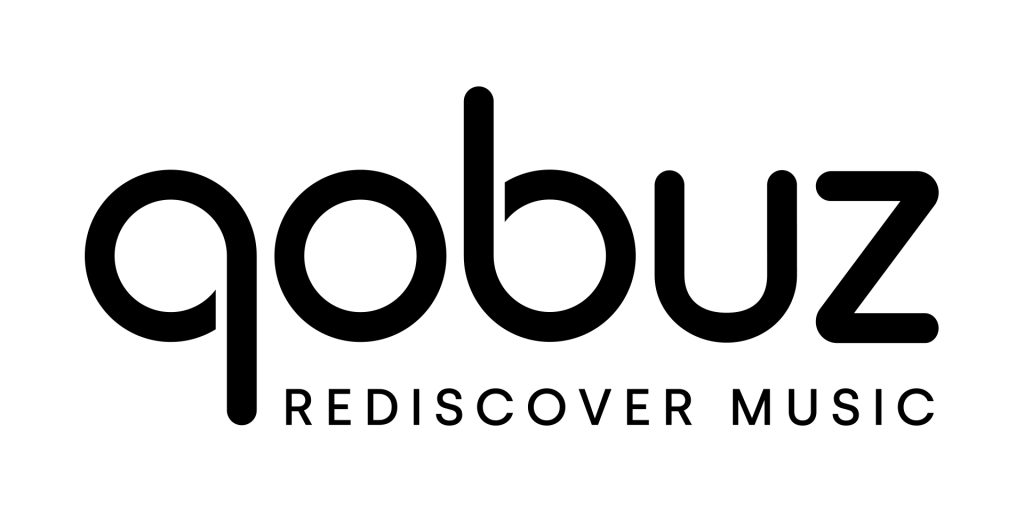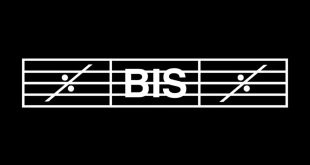News that irritate: Streaming providers Spotify and Tidal are growing in terms of users and revenue. And yet in 2023, both companies decided to make massive redundancies. Qobuz, based in Paris, is living the counter-trend. One is reminded of the Gallic village of Asterix and Obelix that fights valiantly against the superiority of the Romans. Is there such a thing as a magic potion at Qobuz? LowBeats author Andreas Günther interviewed Mareile Heineke, Country Manager Germany.
LowBeats: Just recently, in an interview, a media and cultural researcher revealed to me that Apple, Google and Microsoft will soon take over world domination of music playback. Clearly in the distribution, but also in the definition of the sound quality. How is Qobuz holding up? Do you feel like Asterix?

Heineke: We see spatial audio as a trend, but the format needed time to mature. Initially, the catalog was quite limited and focused mainly on mainstream US pop, which was not relevant to the genres our customers were looking for. However, as it is growing, the project is now integrated into our roadmap.
LowBeats: There are many artists who rely on 3D and Dolby Atmos, Steven Wilson for example. Qobuz releases its new album only in the stereo-only track…
Heineke: Perhaps it’s not so wrong that we are appealing more to conservative audiophiles. Many of them come from physical sound carriers, are actually vinyl lovers and are now looking for the digital version.
LowBeats: Which brings us to the target group – mainly male and over 50?
Heineke: Yes, our users are clearly male and very tech-savvy. But the trend is slowly breaking. We are addressing more and more women. We are still operating in a niche, but this niche is getting bigger. Because we have the feeling that everything concerning the sensitivity for high sound quality is becoming more and more democratized. Both in Germany and in every other market in which we are active.
LowBeats: What is the user behavior like? Do most people buy their tracks from download stores or are the majority of consumers streaming, as is the global trend?
Heineke: In my estimation, this turned around in 2017. We now generate most of our sales via streaming. But downloads still make up a large part of our business. In the German market in particular, it is around 30 percent purchases versus 70 percent streaming. This makes Germany a special case. We are now active in 26 markets, but nowhere else in the world do people buy and download as much as in Germany.
LowBeats: I’m surprised. Are the Germans a nation of librarians and collectors?
Heineke: The streaming subscribers in this country listen to it and if they like it, they buy it. The collector’s mentality still prevails in Germany. You want to own it.
LowBeats: I’m interested in the comparison. Germans want to hoard and have. Where is the opposite world? What other culture do you know that predominantly streams?
Heineke: That’s the Dutch. In the Netherlands, our customers are almost exclusively streamers. The British and the Nordic countries are also much more open to streaming and novelties.
LowBeats: I recently visited another trade fair – and met high-end fans who remain unwaveringly loyal to the CD, persistent and almost defiant. Does Qobuz still encounter reservations?
Heineke: Yes, of course. In this context, it is quite interesting that another culture, which is geographically very far away, is also unfamiliar with the high-res stream. Japan is the second largest music market in the world – but still extremely physical.

LowBeats: The Spotify messages give rise to fear. The current profits were actually excellent and yet Spotify has laid off 1500 employees. Can you understand that?
Heineke: I don’t want to comment on the policies of our competitors. But there are no similar efforts here. Not at all. We have tended to stock up recently. We currently have more than 100 employees worldwide, although our headquarters are still in Paris.

LowBeats: Surprisingly, Qobuz has been licensed by the Japan Audio Society for High-Res Audio. You must have actively scheduled this. Is that important for marketing in Japan?
Heineke: We’ve been using the passage for a long time, and we’re the only streaming provider. We always boast a little about that.
LowBeats: Another technical question. At Qobuz I can only find PCM data at 24 bit and 192 kilohertz. Could DSD be important for you in the future?
Heineke: People have been talking about DSD for a long time, but I don’t see any real development. As far as music production is concerned, as far as labels are concerned, I don’t have the feeling that more and more labels are opening up and offering their catalogs in DSD.
LowBeats: How do you analyze in-depth user behavior? It’s clear that young users jump from one track to another on other providers instead of listening to complete albums. What do Qobuz fans think?
Heineke: The typical user here is very focused on one album. You can also see this in what we offer as a platform, how our app is designed and what we suggest to the user. These should be albums that catch the eye. We describe ourselves as the digital equivalent of a record store. Of course, users can also create their own playlists, which they do. But the central unifying idea is the song dramaturgy provided by the artist for complete albums.
LowBeats: How does Qobuz differentiate itself from Tidal? There is a large overlap. Are you in the boxing ring or have you come to an amicable arrangement?
Heineke: Exactly, “amicably arranged” is an excellent description. Because we serve two different tastes in the same niche. Tidal focuses on urban music, hip-hop, soul and R’n’B. We tend to play jazz, classical music and rock. Another point of difference is that Tidal offers its editorial content in English only. We translate everything into all the languages we serve.
LowBeats: How should I imagine that, do you really have music editors working on unique content?
Heineke: Exactly. Because we also rely on German journalists who write tailor-made articles. Of course we translate the Beatles’ latest remaster. But when Marius Müller-Westernhagen celebrates his 75th birthday, it’s a topic that only becomes important in Germany. And then the German music editors get their chance.
LowBeats: How does this journalistic idea work given the ever-increasing power of Roon software?
Heineke: First of all, I have to say that we are of course integrated in Roon. So we are not a competitor. But Roon can be expensive, not everyone has the budget. This is exactly where Qobuz wants to provide the basic information, in addition to the digital booklets that many labels also offer.
LowBeats: Ah, a good point. That often surprises me: some releases appear with a booklet in PDF form, others only as a sparse collection of tracks. Why is that?
Heineke: That is the decision of each individual label. Here we sometimes also come across a strategic decision by which a label wants to add more value to its physical CD or LP release in particular and only relies on a booklet here. But before we get too critical: We are one of the few platforms that provide digital booklets at all.
LowBeats: When I land on your website, or in the app – you very prominently publish the best-selling albums in the stream as well as in the download…
Heineke: We want to create listening incentives. The charts were previously a little more hidden on the second level, now they are directly on the start page.
LowBeats: Without being overly critical – but aren’t you promoting music that is already doing well? What about the insider tips?
Heineke: Of course we try to combine the two. We also have a section for young talents, our “Qobuzissimes”, with clear tips from our music editors. Over the years, the band “London Grammar”, for example, has risen to the fame that surrounds it today.
LowBeats: When we are invited to speaker manufacturers – then we see hard-working people in the workshop. When we are invited into a recording studio – we see sound engineers at the controls. How should I imagine the scenario at Qobuz? Young people with a table football table and a pool table in the office complex?
Heineke: No, we don’t have a kicker, but there are indeed a lot of young people. There are our developers who work on the apps and the music editors. In addition, the accounting, service and legal departments. A company like many others.
LowBeats: The final question – I now have more subscriptions than I can count on one hand. And the number is growing every month. At the same time, all providers are increasing their prices – Apple, Amazon, Sky, Readly… Will the same happen with Qobuz or will your prices remain stable?
Heineke: We recently raised our prices slightly in Switzerland and in some Nordic countries. We have not yet planned anything for the German market, for which I can speak.
LowBeats: Ms. Heineke, thank you for the interview.

Background:
Qobuz was founded in 2007 by the two Frenchmen Alexandre Leforestier and Yves Riesel; surprisingly early on in the environment of the emerging streaming providers and dedicated to the transfer of lossless music from the very beginning. The founders derived the name from a string instrument from Central Asia that is said to give its performer magical powers.
Qobuz is currently integrated into almost all components of global electronics manufacturers. The same applies to the Roon tax software. The entire Qobuz catalog comprises over 100 million titles.
More about Qobuz:
Qobuz is THE audiophile streaming service and download provider





